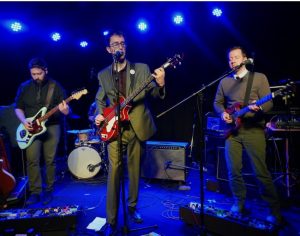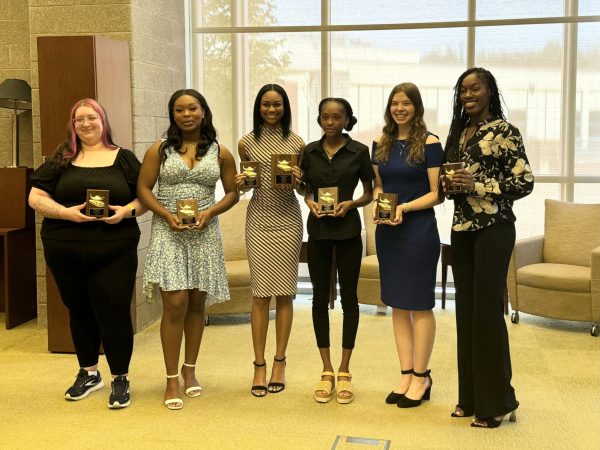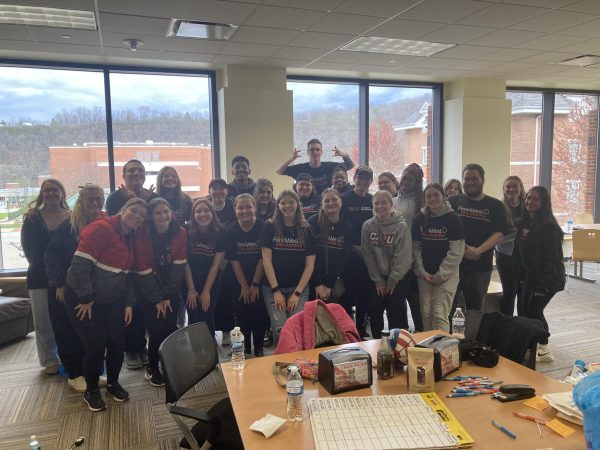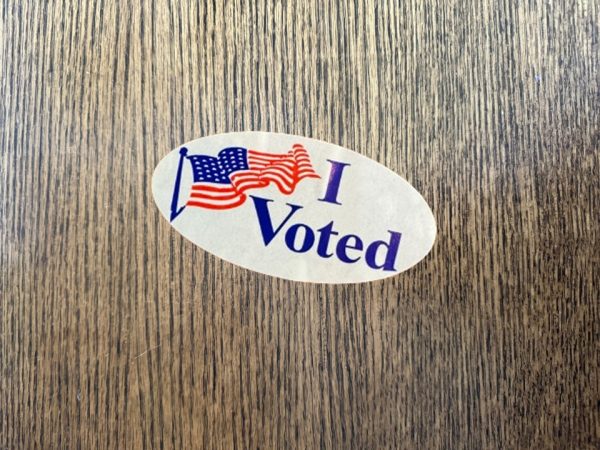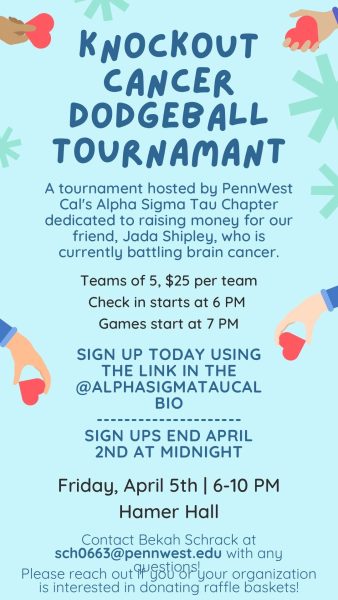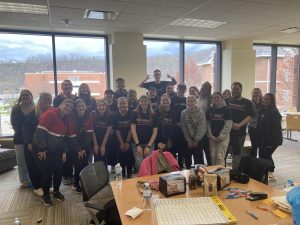Anger Management Support Group New to Cal U This Semester
Sessions include learning to enhance communication and conflict resolution skills

November 3, 2015
A series of anger management support groups for students have been started on campus this month.
The first meeting was held on Oct. 11. Meetings continue to be held on Mondays at 5 and Thursdays at 11. Each session last about an hour. These times are flexible and can be arranged to meet the needs of the participants. The location of the meetings is withheld for the confidentiality of the participants.
The groups were a collaborative idea from Shawn McCoy; a graduate student and intern for the Women’s Center and the End Violence Center, Kay Kutz; the director and victims advocate of the End Violence Center, and John Burnett; who manages the Office of Social Equality.
“Students don’t have to have a history of anger issues to benefit from the groups,” McCoy said. There are several warning signs that can indicate if someone may benefit from the groups, such as: being involved in frequent arguments or violent acts, expressing destructive behaviors, or experiencing unusual anger or behaviors.
The group sessions are led by McCoy. “The sessions focus on enhancing students’ communication skills, helping them deal with aggression, teaching conflict resolution skills, helping to identify cues and triggers of anger, and ways to better manage stress.
“Warning signs for anger management issues may include being involved in frequent arguments or violent acts, expressing destructive behaviors, or experiencing unusual anger or behaviors.”
Students who wish to participate in the groups should contact the End Violence Center at [email protected] or Kay Kutz at [email protected] to schedule a one-on-one assessment to determine if the groups would be beneficial to them.
Students can also be referred to the groups by professors or professionals on campus. “We are hopeful to be proactive by nature, by collaborating with different departments and administrators on campus to identify students who are at risk for becoming involved in violent acts,” said McCoy.
“Often times, the violent acts that occur on campus or in town are precipitated by people lacking anger or impulse control,” McCoy said. Acts such as domestic violence, fighting, and damaging property can all result from uncontrollable anger.
“These acts can be detrimental to your college career and could lead to legal issues; hindering your future plans,” McCoy said.
“I believe that having this group on campus is a phenomenal idea,” said Jamie Mitchell, a senior. “This group may be the reason a crisis, accident, altercation, or incident is diverted.”
Confidentiality is very important, said McCoy. “We always want Individuals to feel safe.”
There is often a stigma that goes along with seeking therapeutic help, said McCoy. “Everyone deals with anger. The goal is not to fix or correct people, it’s to provide students with tools to help them learn to effectively control their anger.”
“We have been getting more sign ups and referrals, but the word needs to get out,” said McCoy.”
“More students need to be open to it.” Kay Kutz said. “Some students may find it is not for them, but others may find it very powerful.”

